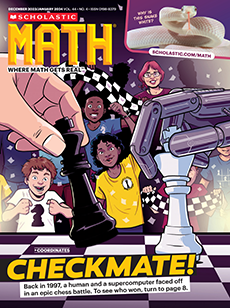But that doesn’t mean that taxation wasn’t part of the problem! The tax on tea was first established in 1767, as part of the Townshend Acts. By 1773, it was the only one of the taxes still in effect, and American colonists were furious. The money collected from taxes on the American Colonies went to paying down Britain’s war debt and later to paying British colonial administrators—not to supporting the Colonies or colonists themselves.
People like Samuel Adams, a Boston politician and one of the Founding Fathers of the United States, argued that any tax on the American Colonies was unjust. He argued that since the Colonies had no representation in the British government, they shouldn’t have to pay these taxes. To Adams, the Tea Act was another example of the British government enforcing policies on the Colonies without the right to do so.
The problem wasn’t the tax itself, according to tax historian Joseph Thorndike. It was how the tax was used to benefit British companies over colonial ones. British representatives of the East India Trading Company were able to undercut the prices of colonial businesses that did not have deals with the company. Colonial businesses also paid an import tax that these British representatives did not. All these tax laws were passed without any input from the people who had to pay the tax. That led to the Boston Tea Party’s rallying cry: “No taxation without representation!”
